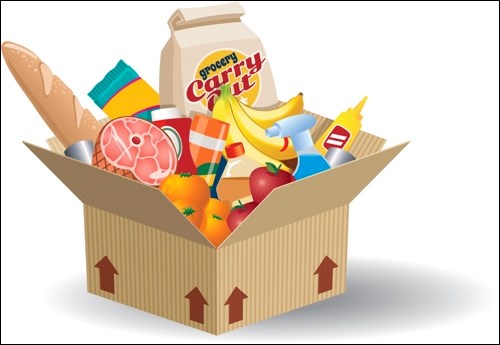GUELPH, Ont. — I've worked in agricultural marketing for 25 years and have done a lot of work on branding, including developing logos. Logos have a great deal of power and there are many good ones - think Tim Hortons.
But one logo seen on some food products infuriates me - that of the Non-GMO Project. According to their website, "The Non-GMO Project is a non-profit organization committed to preserving and building the non-GMO food supply, educating consumers, and providing verified non-GMO choices. We believe that everyone deserves an informed choice about whether or not to consume genetically modified organisms."
While that description is fine for the most part, the problem lies in the wording 'informed choice.' Labelling these products has absolutely nothing to do with providing information on genetically-modified products.
What's scary is that this group has verified more than 35,000 products worth in excess of $16 billion in sales across North America. They do this by completely ignoring what a genetically-modified organism (GMO) product actually is. Some of their approved products include, bizarrely enough, everything from water, maple syrup, coffee, honey and organic rose petal spread to pure vitamins (iron, B12, C, etc.), kitty litter, pink Himalayan rock salt, equine shampoo, toilet paper and, my favourite, condoms. (In the heat of the moment, do couples really care if their condoms are GMO?)
Oddly enough, as their website says, the "Non-GMO Project's verification seal is not a GMO-free claim," but rather is "independent verification for products made according to best practices for GMO avoidance." So they even know that their label doesn't really mean anything.
What's worse, many of the products labelled 'Non-GMO' are foods for which no GMO equivalent exists. Many people will be surprised to learn that there are only nine GMO (or genetically engineered) products on the market - corn, soybeans, cotton, sugar beets, canola, alfalfa, papaya (Hawaiian), squash and Arctic apples. Others are being developed but are not yet in the food system. That means a cucumber with a GMO-free sticker is simply a way for the supplier to charge a higher price by preying on consumer naiveté.
The laws governing food labelling in Canada show that this is strictly illegal. The government of Canada's Canadian General Standards Board, under its standard, "Voluntary Labelling and Advertising of Foods that are and are not Products of Genetic Engineering,"clearly states:
"Claims that a single-ingredient food is not a product of genetic engineering shall not be made for a single ingredient food of which no genetically engineered strains have been offered for sale, unless accompanied by an explanatory statement, for example, like all other oranges, these oranges are not a product of genetic engineering." The same rule applies to multi-ingredient foods where no GMO alternative exists.
So if this is illegal, why is it proliferating?
The answer has something to do with corporate profits. It also reflects the gullibility of many consumers who know little about science and what the term GMO actually means.
A better question is: how do we address this? Reporting violations to the Canadian Food Inspection Agency (CFIA) is one option and anyone can do so. Simply search the web for CFIA reporting and fill out their form.
As a farmer's daughter, I believe that we in agriculture need to take every possible opportunity to talk to people about what we do on the farm, and about the multitude of benefits (especially environmental) that GMO crops provide.
As a consumer, it's up to me to demand truth and clarity in labelling and advertising.
Let's work together to denounce these scams and bring honesty and integrity back to food.
Karen Daynard works in agricultural communications and lives near Guelph, Ont.
www.troymedia.com




